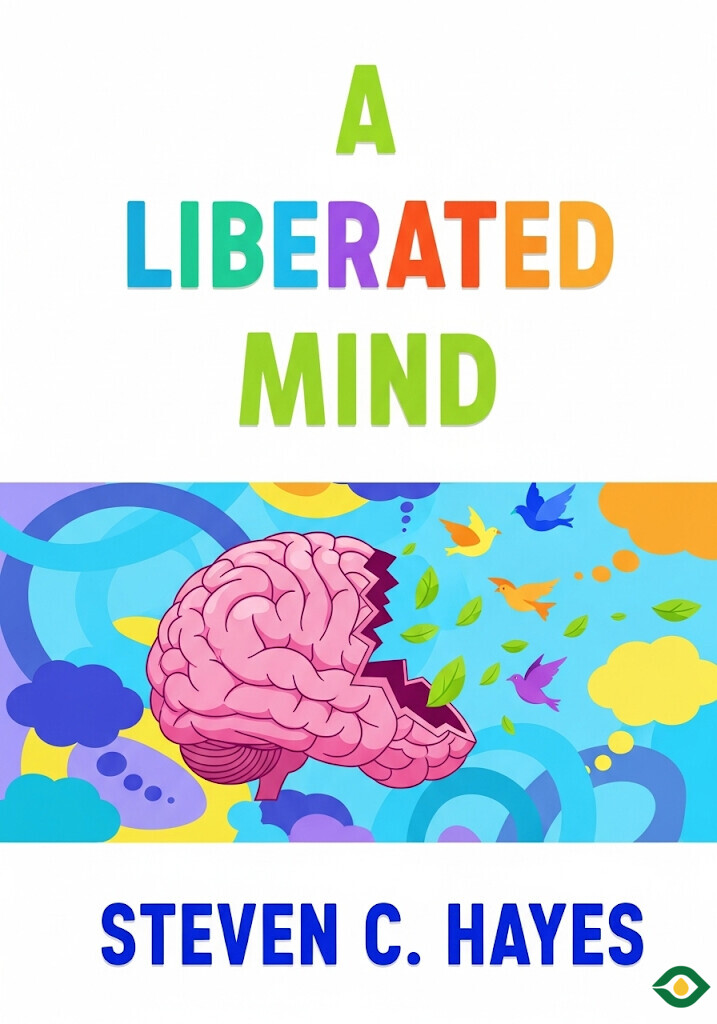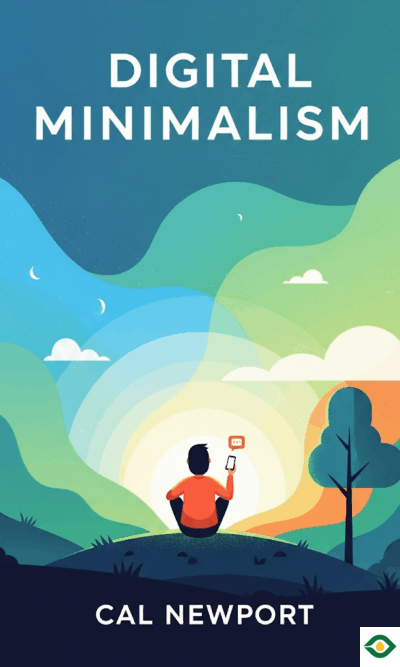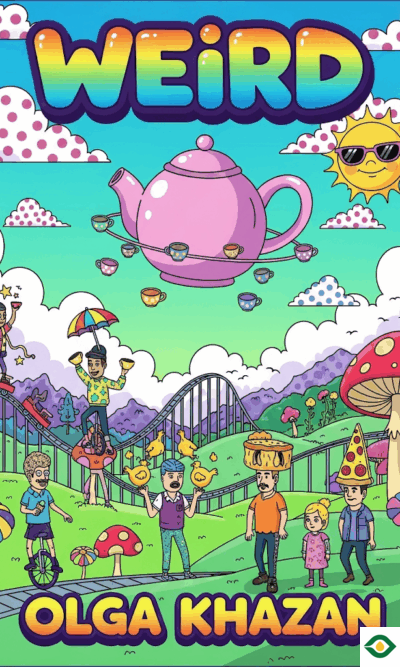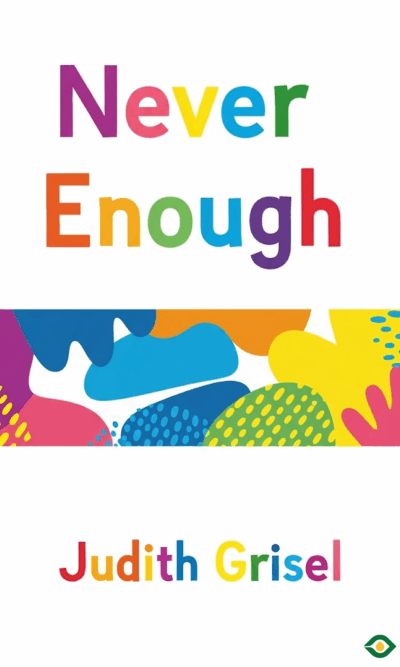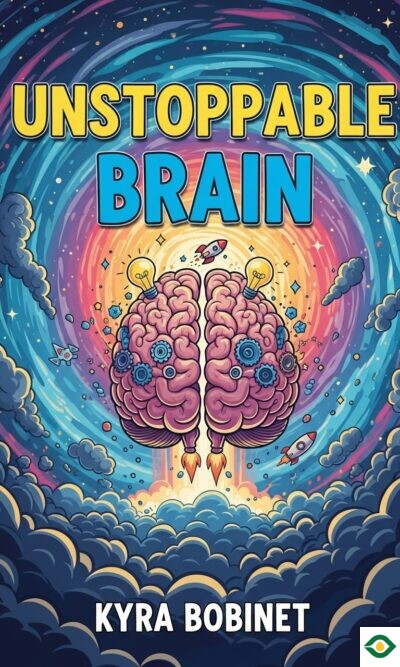Description
A Liberated Mind is about learning how to live with your thoughts and feelings instead of fighting against them. Many people believe that the only way to find peace is to get rid of negative thoughts, silence fear, or force themselves into constant positivity. But the truth is, trying to suppress or control the mind often makes things worse. The more you push away a thought, the louder it becomes. The more you resist a feeling, the stronger it grows. The real path to freedom is not about control—it’s about acceptance and flexibility.
Imagine you are caught in a cycle of worry before an important event. You tell yourself to stop thinking about it, but the worry gets louder. The harder you push it away, the stronger it comes back. This is not failure; it’s simply how the human mind works. Our brains evolved to look for problems, to warn us about dangers, and to keep us safe. But if we treat every thought as a threat that must be defeated, we create endless battles with ourselves.
A more helpful approach is to see thoughts for what they are: mental events, not facts carved in stone. Instead of saying “I can’t handle this,” you might try saying, “I’m having the thought that I can’t handle this.” That small change creates distance between you and the thought. It reminds you that a thought is just a passing signal, not the full truth of who you are. You don’t need to argue with it, nor do you need to obey it. You can simply notice it and let it pass, like clouds moving across the sky.
This perspective invites us to stop wrestling with the mind and start observing it. Think of your thoughts as cars passing by on a busy road. You can watch them go by without chasing every single one. Some may be useful, some may not, but you don’t need to jump into every vehicle that drives past. By practicing this, you reduce the power of your inner chatter and gain the freedom to choose your actions more calmly.
Another way to understand this is by thinking of yourself as the sky, not the weather. The weather may be stormy, sunny, cloudy, or wild. But the sky remains vast and steady, no matter what storms pass through it. In the same way, you are more than your current thoughts or feelings. You are the space in which they arise. When you remember this, you stop being swallowed by temporary emotions and start noticing them with a wider perspective.
This shift helps especially when life delivers painful experiences. Most people are taught that pain is the enemy. We avoid grief, hide from fear, distract ourselves from anxiety, and try to numb discomfort. But pain can actually carry important messages. If you feel grief after losing a friend, that pain shows you how deeply you value connection. If you feel nervous before pursuing a dream, that anxiety signals how much the goal matters to you. Pain is not a sign of weakness—it is a reminder of your values.
Instead of resisting pain, try welcoming it with curiosity. Notice where it shows up in your body—maybe a tight chest, a heavy stomach, or restless energy. Stay with it for a moment instead of pushing it away. Often, the simple act of allowing it reduces its power. This does not mean accepting harmful situations as “okay.” It means accepting your natural human reactions and then choosing how to respond with strength and clarity.
At the heart of living well is staying connected to your values. Values are like an inner compass. Unlike goals, which can be completed, values are directions you keep moving toward for your whole life. Goals might say, “I want to get a promotion,” but values say, “I want to grow, contribute, and learn.” Goals may change, but values remain steady like the North Star.
To uncover your values, ask yourself: “What kind of person do I want to be? What do I want people to remember about me when I am old?” Your answers may not be about money, titles, or possessions. They may be about qualities such as kindness, creativity, honesty, or courage. These qualities can guide your choices every day, no matter your circumstances.
Once you are clear about your values, the next step is action. Knowing what matters is not enough—you must move in that direction, even if your mind doubts you. Real growth comes through committed action. This doesn’t mean huge leaps all at once. It means small, steady steps. Maybe you value deep relationships, so one step could be taking five minutes to really listen to someone you love. Maybe you value creativity, so one step could be sketching an idea even if it isn’t perfect.
Action will always bring up discomfort. You might feel fear, doubt, or self-criticism. That’s natural. The key is to carry those feelings with you instead of waiting for them to disappear. You don’t have to feel confident before you act. Confidence often comes after action, not before it. By moving forward in small ways, you build momentum and prove to yourself that you can keep going.
Flexibility is what ties all of this together. Life is unpredictable. You will face setbacks, failures, and unexpected turns. Mental flexibility allows you to bend without breaking, to adjust your path while staying true to your values. Some days you’ll feel strong and clear; other days you’ll stumble. What matters is the willingness to return, again and again, to what you care about.
Think of life as a dance. Your mind may throw in offbeat rhythms, doubts, or interruptions. But instead of trying to silence the music, you learn to dance with it. Each step is imperfect yet meaningful. Each move reflects your values, even when it feels clumsy. Over time, the dance becomes more natural, and you discover that freedom is not about controlling every beat—it’s about moving with life as it comes.
A Liberated Mind is ultimately a guide to psychological flexibility. It teaches that thoughts are not enemies, pain is not to be feared, and values are not burdens but lights showing the way. By noticing thoughts without judgment, accepting emotions without resistance, and acting with values as your compass, you can create a life that feels authentic and purposeful. You will still experience challenges, but you’ll no longer be trapped in endless mental battles. Instead, you will carry your mind with compassion and move forward with clarity.
The message is simple: stop fighting yourself. You are more than your worries and doubts. You can make room for them, let them pass like clouds, and still choose to live in a way that reflects who you truly want to be. This is the path to a liberated mind, and it is available to anyone willing to practice acceptance, flexibility, and committed action in everyday life.

